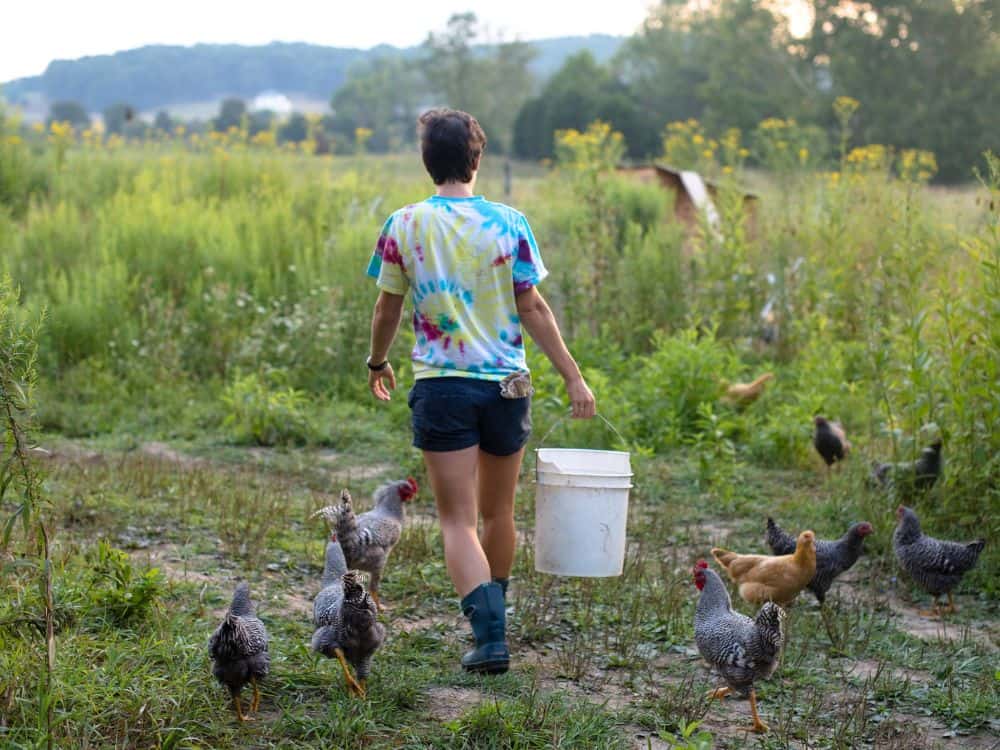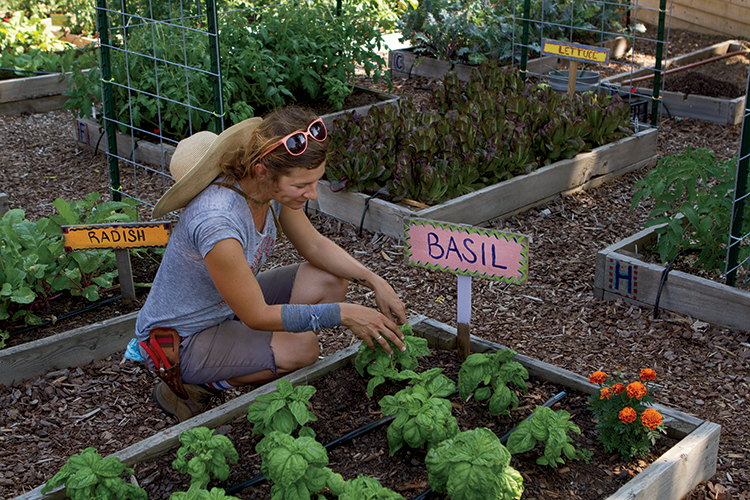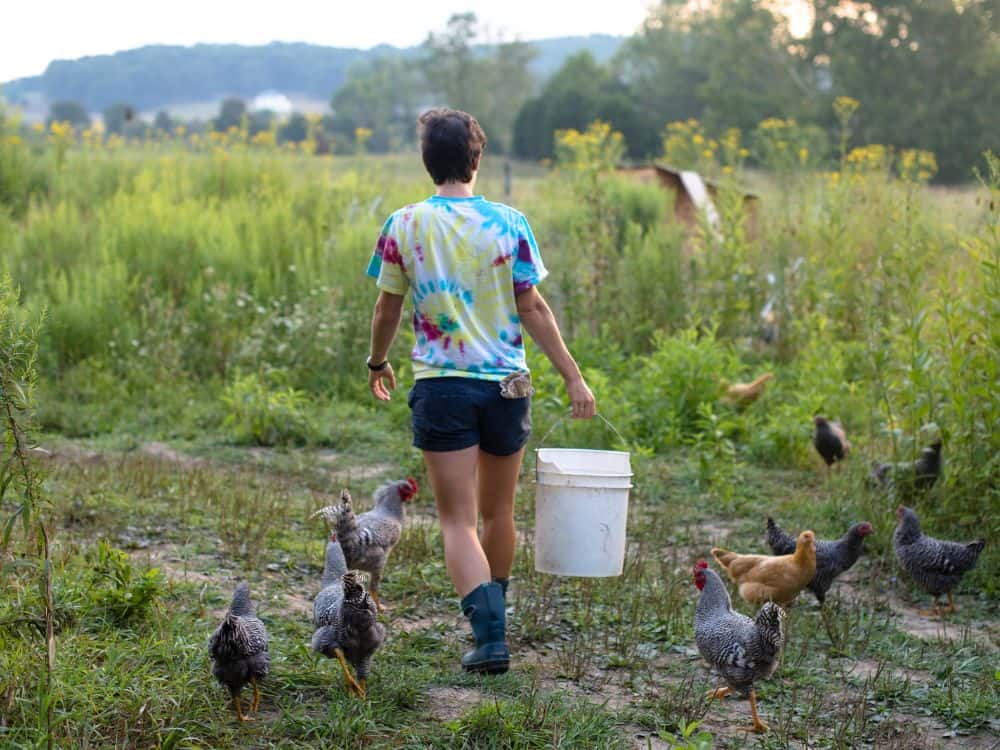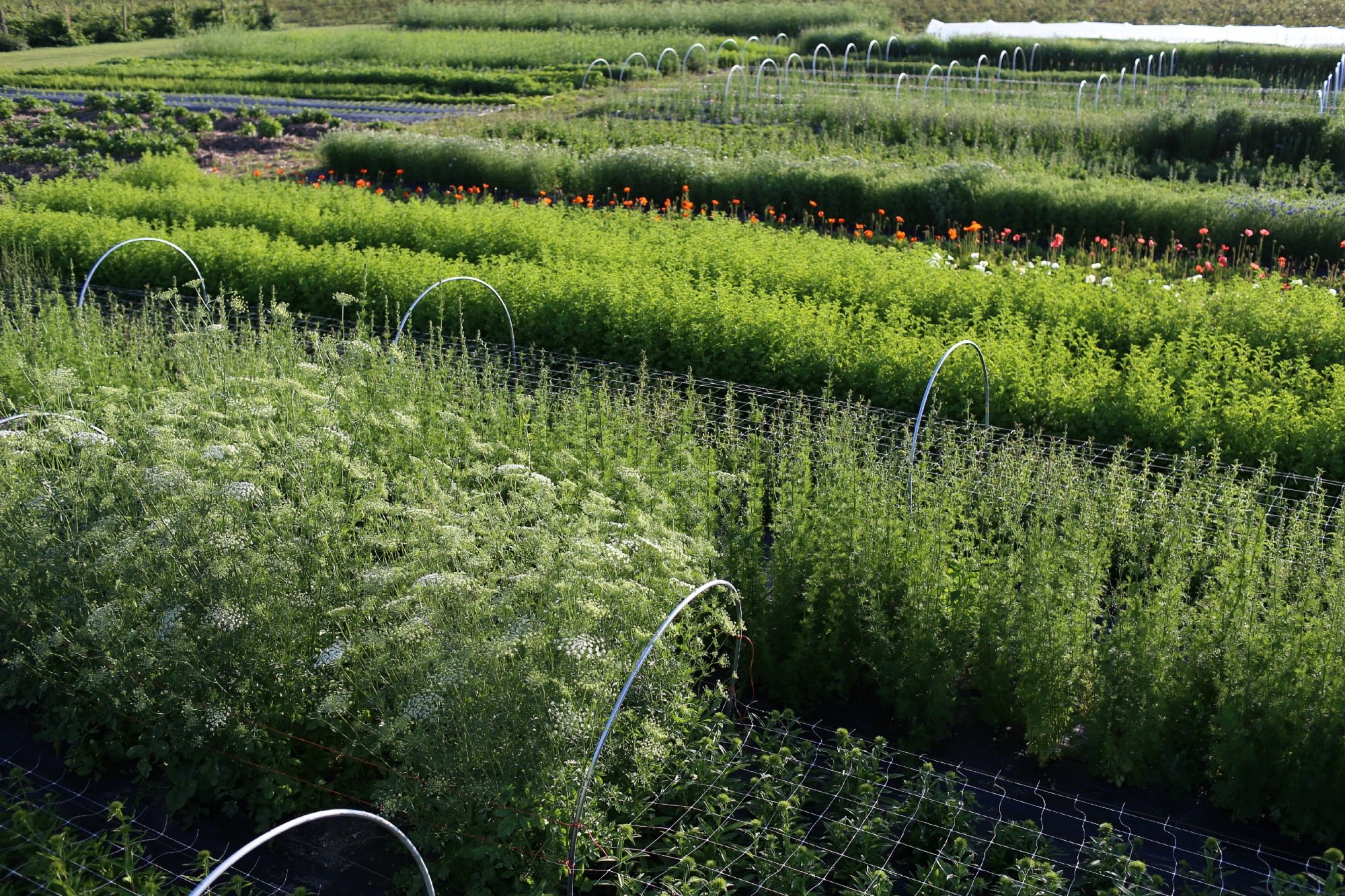Sustainable living is important for the health of our planet and future generations. One way to achieve this is through homesteading practices. Homesteading is the act of becoming self-sufficient by producing your food, energy, and other necessities in a sustainable manner. In this blog post, we will discuss some homesteading practices that can help you lead a sustainable life.
1. Grow Your Food
Growing your food is a great way to become self-sufficient and reduce your carbon footprint. You can grow vegetables and fruits in your backyard or even start a small garden on your balcony if you live in an apartment. Not only will it help you save money, but it will also reduce the carbon footprint associated with commercial farming, transportation, and packaging.
2. Composting
Composting is an essential practice for homesteaders. It involves breaking down organic waste such as food scraps and garden waste into nutrient-rich compost that can be used as fertilizer for your plants. It contributes to a reduction in waste in landfills, reduces the demand for chemical fertilizers, and enriches the soil quality.
3. Raising livestock
Raising livestock may seem daunting at first, but it is an excellent way to become self-sufficient and reduce your carbon footprint. You can raise chickens for eggs, bees for honey, and even goats for milk and cheese. Raising livestock provides a regular source of food and reduces the need to purchase meat, dairy, and eggs from commercial sources.
4. Rainwater harvesting
As homesteaders, we should use all possible means to conserve water. One way to do that is through rainwater harvesting. You can collect rainwater in large containers, and use it to water your plants and even for household cleaning. It is a sustainable practice that reduces the demand for municipal water supply and conserves water in the long run.
5. Energy production
Producing your energy is another sustainable practice in homesteading. You can install solar panels and wind turbines to generate electricity, reducing your dependence on fossil fuels and reducing your carbon footprint. They are also cost-effective in the long run as they reduce your energy bills.
In conclusion, homesteading practices are an excellent way to lead a sustainable life. They reduce your carbon footprint, help you become self-sufficient, and contribute to a healthier planet. These practices may take time to implement, but they are worth the effort and provide long-term benefits. So, start incorporating them into your life and make a positive difference today.











